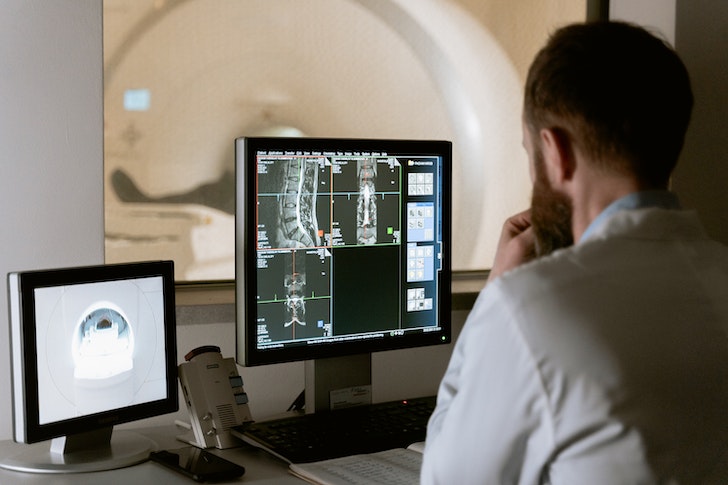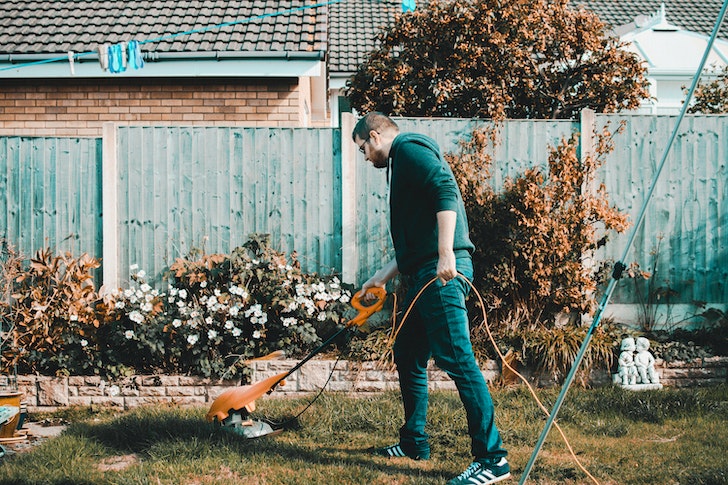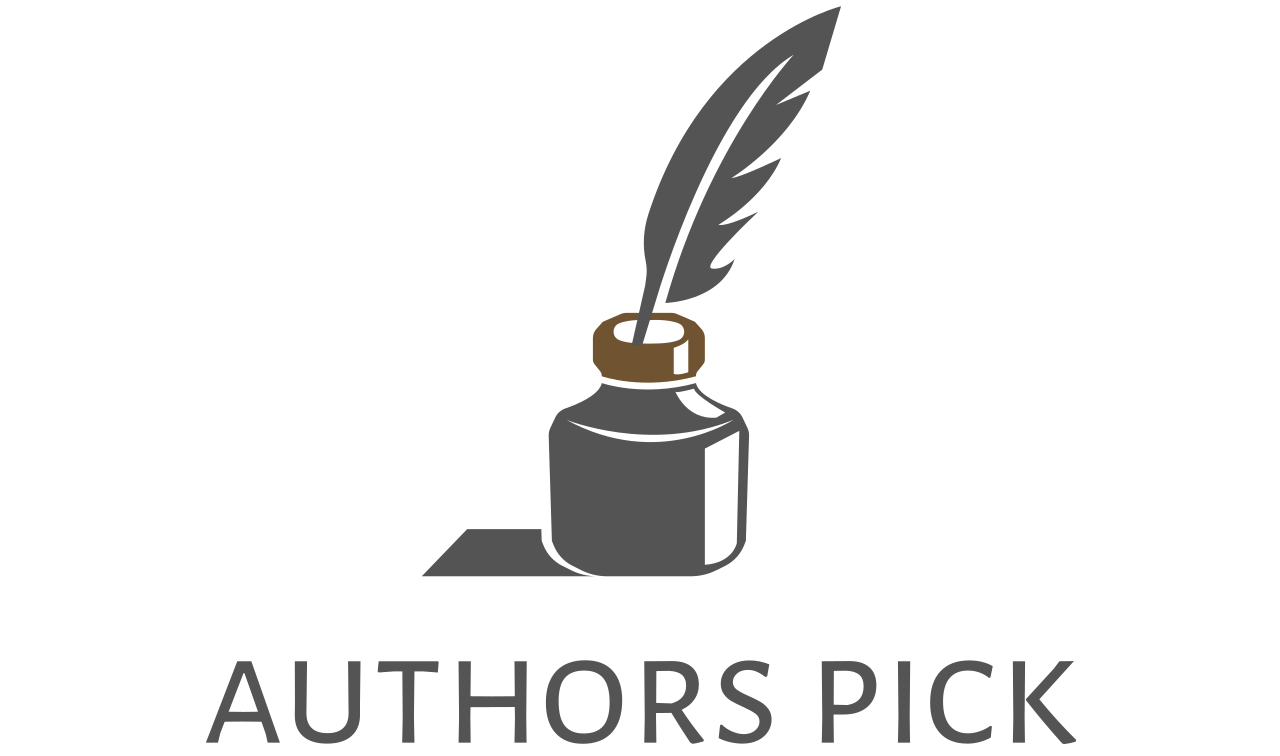
Here’s How To Diagnose & Treat A Concussion

Headache, nausea, sensitivity to light, forgetfulness, and sleeplessness.
Ask someone who has had a concussion how it feels, and you may hear any of these descriptions. Vertigo, mental fog, fuzzy vision, and trouble finding words. Concussions may cause a wide range of symptoms, all of which can vary substantially in severity and duration.
For individual patients and their medical professionals, as well as for society at large, preventing and treating concussions is a difficult task. Although diagnosing concussions is often not difficult, it is difficult to predict how they will progress and recover – and practically impossible to treat. As there are possible symptoms, there are almost as many recommended therapies and research on remedies.

Andrea/Pexels | Yet up until recently, physical and mental relaxation was the only certain advice
Diagnosis
In addition to reviewing your medical history and doing a neurological examination, your doctor will assess your signs and symptoms. It may take hours or days for concussion symptoms and signs to manifest.
Imaging Exams
For certain patients, brain imaging may be advised if they have signs and symptoms, including severe headaches, seizures, frequent vomiting, or symptoms that are becoming worse. If there has been blood or swelling in the skull, brain imaging may be able to tell how serious the damage is. Adults often get a cranial computed tomography (CT) scan to evaluate the brain immediately after damage.

Mart/Pexels | A CT scan may provide cross-sectional pictures of your skull and brain
Cognitive Evaluation
During a cognitive exam, your doctor may do a number of tests to assess your cognitive abilities. Testing may assess a number of things, including you:
– Memory
– Concentration
Neurological Testing
Your doctor may do a neurological evaluation after thoroughly investigating your accident. This assessment involves examining the following factors:
– Vision
– Hearing
– Balance
– Coordination
– Reflexes

Lisa/Pexels | The sooner you get back to your usual routine, the better for you
Treatment
You may take actions to hasten your recovery and aid in your brain’s healing.
– Pain Reduction
After a concussion, headaches may appear days or weeks later. Ask your doctor whether it’s okay to use an analgesic like acetaminophen to treat your pain (Tylenol, others). Ibuprofen (Advil, Motrin IB, and other brands) and aspirin should not be used since they may increase the risk of bleeding.
– Getting Back to Regular Activities
You could gradually increase the amount of thinking-intensive tasks you undertake, such as your workload at work or school, as your symptoms improve.
– Mental and Physical Rest
During the first two days after a concussion, relative rest is advised, which includes minimizing activities requiring thought and mental focus. Completely shutting yourself off from the outside world while resting in a dark room does not promote healing and is not advised.
More in Health
-
`
How to Keep Your Brain Sharp as You Age
After the age of 40, roughly speaking, our brain begins to lose a step or two. Each year, our reaction time...
July 29, 2025 -
`
How Life in Germany Brought an American Family Closer (But Made Them Homesick)
Family always came first. That is what made the move from Maryland to Germany both exciting and painful for this American...
July 22, 2025 -
`
Angélique Kidjo Becomes First Black African on Hollywood Walk of Fame
Angélique Kidjo just made history. On July 3, 2025, it was announced that Kidjo will be getting her own star on...
July 15, 2025 -
`
Why Smart Window Placement Is the Secret to Aesthetic Home Design
Windows shape how your home looks from the street, how light moves through your space, and how your rooms feel every...
July 8, 2025 -
`
Why Cannabis Use Doubles the Risk of Heart-Related Deaths
Doctors have warned about tobacco for decades, but marijuana is often seen as the safer choice. New research is poking holes...
July 1, 2025 -
`
The Top 5 Best Credit Cards For Family Disney Vacations
A Disney vacation in 2025 is not cheap. Park tickets, hotel stays, meals, and travel can add up fast. But the...
June 24, 2025 -
`
The Surprising Lives of 10 A-List Celebrities Before Fame
Fame changes everything, or so they say. But not everyone flips the switch once the cameras show up. Some stay grounded,...
June 17, 2025 -
`
Trump’s Surgeon General Pick Dr. Casey Means Praises ‘Illegal’ Psychedelic Therapy
Psychedelic therapy just landed at the center of the national health debate, thanks to Donald Trump’s latest pick for surgeon general....
June 3, 2025 -
`
5 U.S. Family Vacation Spots You Should Book ASAP
If you are looking for the best family vacation spots in 2025, skip the guesswork. These five places deliver the fun,...
May 27, 2025















You must be logged in to post a comment Login